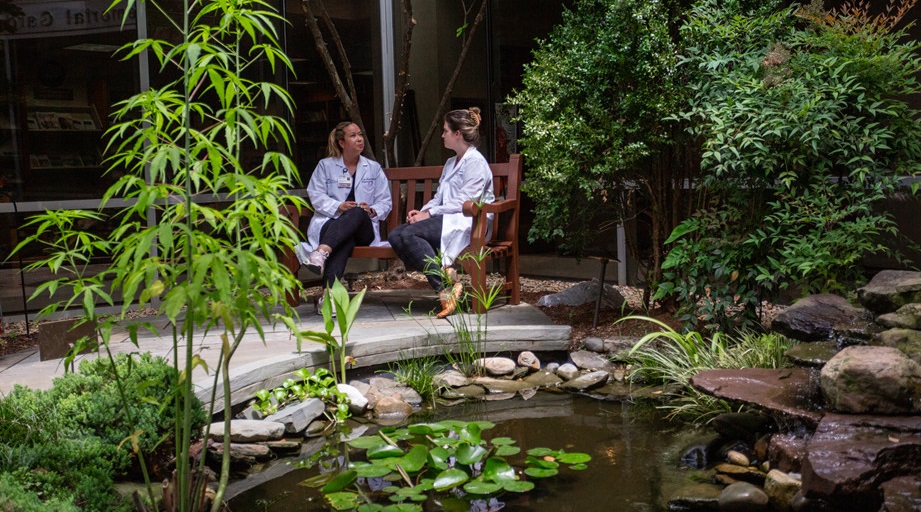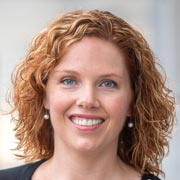
When mistakes or near misses occur in healthcare, the impact is felt by everyone involved.
In addition to addressing patient and family suffering, hospitals and health systems should tend to the unique needs of second victims — the healthcare providers who suffer emotional trauma from an adverse event.
A June 12 workshop at ASHP Pharmacy Futures 2024 in Portland, Oregon, highlights the second victim phenomenon and the power of peer support. In the train-the-trainer session, presenter Kristy deVries shares best practices and learnings from YOU Matter, the second victim peer support program she manages at Nationwide Children's Hospital in Columbus, Ohio.
The workshop presenters previewed some of the session’s highlights for ASHP’s News Center.
A natural response
A medication error or unanticipated health outcome can result in patient injury, disability, or death. In the aftermath, it is normal for practitioners to feel shame and guilt and to question their capabilities. In the most severe cases, the trauma can lead to depression, anxiety, self-harm, and even suicide.
The primary goal of a second victim program, deVries explained, is to “protect the well-being of the provider who is suffering and to restore their confidence and competence.”
Three levels of support
The half-day workshop, deVries said, outlines the three-tiered intervention model for second victim support pioneered by Sue Scott, a registered nurse and patient safety expert at the University of Missouri Health Care. The rapid-response program is designed to be implemented whenever a healthcare provider is involved in an adverse patient event. The program positions the second victim in the center of support.
- Tier 1: Local support. Colleagues and managers should be made aware of the incident to provide immediate support and observe how the second victim is functioning. This could be as simple as periodically asking the person how they are doing. “Even if they don’t take you up on it, it’s incredibly meaningful that you offered support,” deVries said.
- Tier 2: Trained peer support. Second victims who are struggling can be matched with a volunteer peer supporter from their discipline or elsewhere in the organization.
- Tier 3: Professional mental healthcare. People with the greatest level of need should have an expedited referral to a mental health provider. Most second victims don’t reach this step, deVries pointed out, but their organization should be ready if that happens.
Tips for success
DeVries shared considerations for anyone seeking to implement a second victim support program within their own hospital or health system.
- Identify an executive sponsor. This leader can help you navigate the C-suite and get buy-in for the new peer support program.
- Make the case. Research shows that structured second victim support can boost staff well-being and retention, which in turn improves patient safety outcomes and other important metrics. “If we can support our peers, it’s not only good for them but good for patients and for the organization,” said workshop facilitator Christina Michalek, director of membership and patient safety organization at the Institute for Safe Medication Practices.
- Start small. “Be realistic about what you can do and the pace at which you can do it,” deVries recommended. This will allow you to work through challenges before you scale up. YOU Matter, one of the largest second victim support programs in the country, started more than 10 years ago as a pilot among eight pharmacists and nurses at Nationwide Children’s.
Building a community of compassion and care
Whether or not your organization has a formal program, pharmacists can take steps now to support second victims in the workplace. When adverse events happen, avoid being too positive too soon or minimizing the impact (e.g., saying “everything’s going to be fine”). Instead, let the person know they are not alone, and take time to listen to and validate their feelings.
These skills come naturally to people in the caregiving professions, noted deVries, adding that humans are wired to connect and co-regulate with each other’s well-being.
“I hope to normalize mistakes because they do happen, and to lift up the needs of the second victim to prevent yet another tragedy,” deVries said.
Want to know more?
Listen to ASHP’s May 12 podcast for an interview with deVries about the session.








